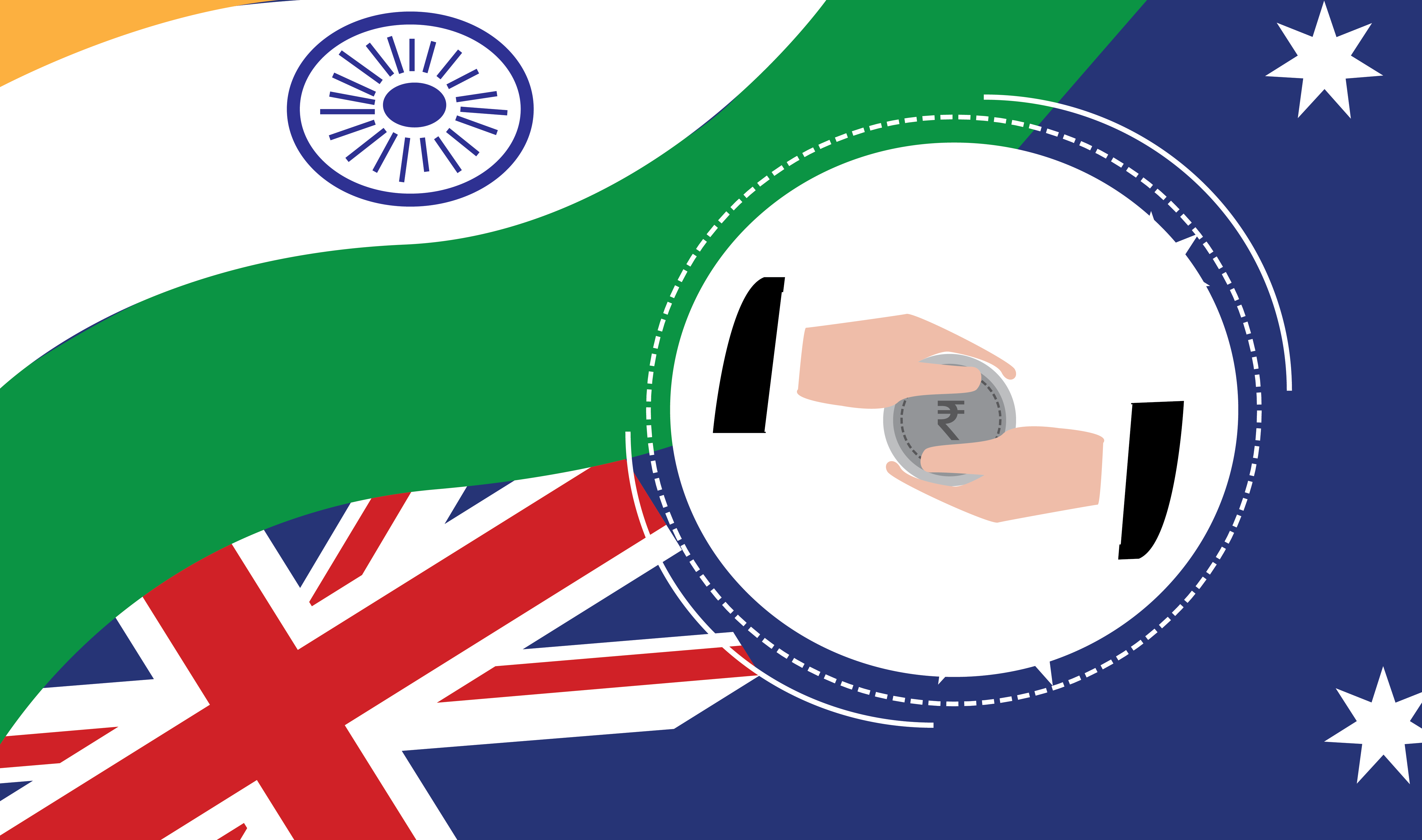Major digital black market sites
Innovation has its dark side, and digital black market sites are a shady offshoot. Hackers and terrorist networks use these portals to carry out their activities, mostly undetected, but as this infographic shows, the law does catch up with them frequently










